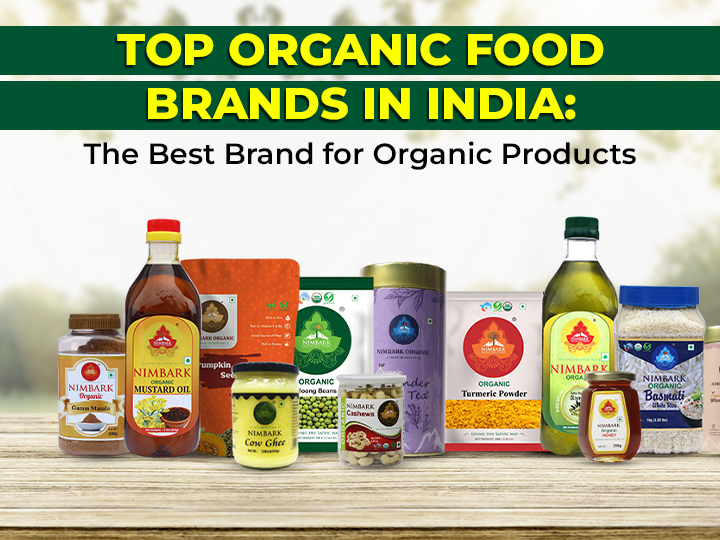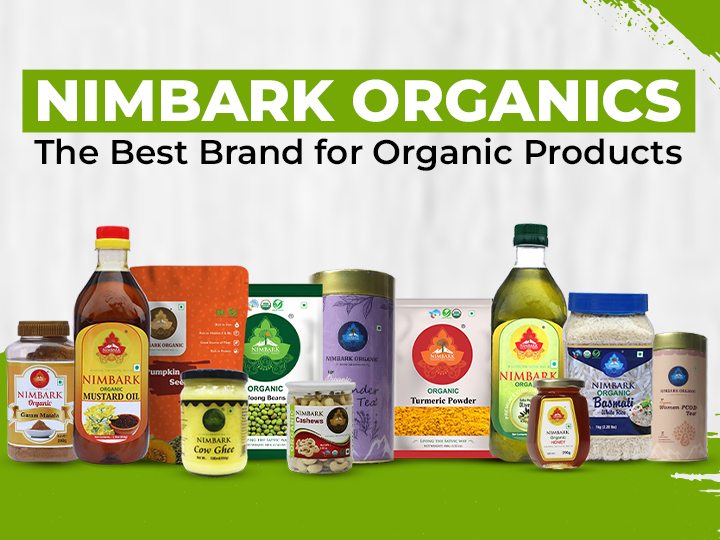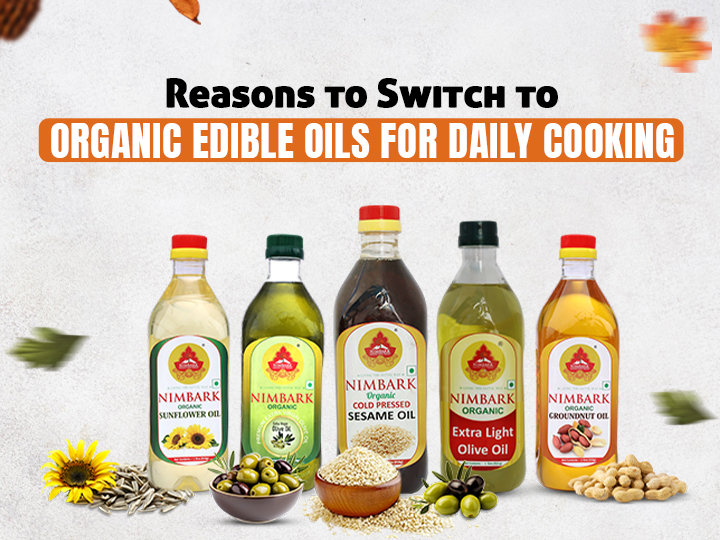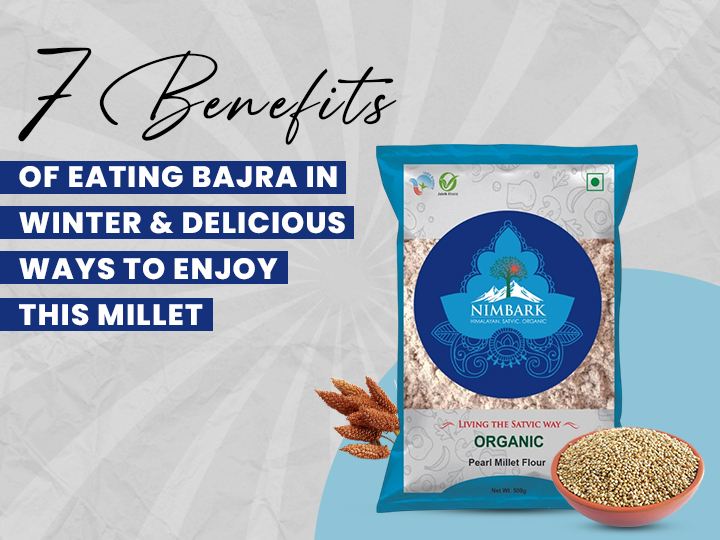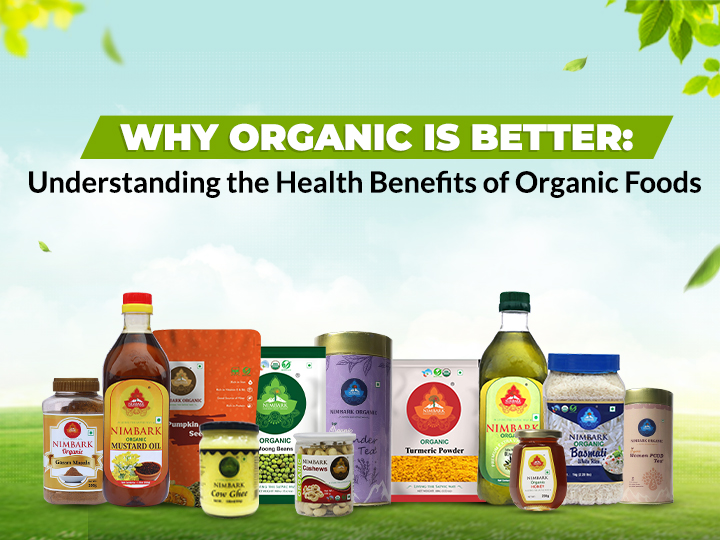Millets: The Nutritious Powerhouses and Their Versatile Uses

In recent years, there has been a growing interest in healthier food options and a return to traditional, sustainable organic farming. One such group of grains that have been gaining popularity in this health-conscious movement is millet. Millets are a diverse group of small-seeded grasses that have been cultivated for centuries across various regions of the world.
What Are Millets?
Millets are small-seeded grains that come in various shapes, sizes, and colours. They are highly adaptable to different environments and can thrive in arid and semi-arid conditions where other crops may struggle. There are several types of millets, each with its unique characteristics:
- Pearl Millet (Bajra): Pearl millet is one of the most widely grown millet varieties and is known for its high drought resistance. It is commonly used in making flatbreads and porridge.
- Finger Millet (Ragi): Finger millet is rich in calcium and is often recommended for its health benefits. It is used to make porridge, pancakes, and even baked goods.
- Foxtail Millet: Foxtail millet is easy to digest and has a taste similar to rice. It is a versatile grain and can be used in salads, upma, and pulao.
- Sorghum (Jowar): Sorghum is gluten-free and has a mild flavour. It is used in making roti, porridge, and even alcoholic beverages.
- Proso Millet (White Millet): Proso millet is commonly used in birdseed mixtures, but it is gaining popularity as a nutritious grain for human consumption.
The Nutritional Powerhouses
Millets are nutritional powerhouses packed with essential nutrients, making them an excellent addition to a balanced diet.
- Rich in Fiber: Millets are an excellent source of dietary fibre, promoting digestive health and preventing constipation. A diet high in fibre can also help manage weight and reduce the risk of certain chronic diseases.
- Gluten-Free: For individuals with gluten sensitivity or celiac disease, millets offer a safe alternative to wheat and other gluten-containing grains.
- High in Protein: Millets contain a substantial amount of protein, making them a valuable protein source for vegetarians and vegans.
Packed with Micronutrients: Millets are rich in essential micronutrients like iron, calcium, magnesium, phosphorus, and B-vitamins, supporting overall health and well-being.
- Low Glycemic Index: Millets have a lower glycemic index compared to refined grains, which means they cause a slower increase in blood sugar levels, making them suitable for individuals with diabetes.
Versatile Uses of Millets in the Kitchen
Here are some creative ways to incorporate millets into your daily meals:
- Millet Porridge: A nutritious and comforting breakfast option, millet porridge can be flavoured with fruits, nuts, and honey for added taste.
- Millet Flatbreads: Millet flour can be used to make gluten-free flatbreads, perfect for those with gluten intolerance.
- Millet Salads: Cooked millets can be added to salads for an extra crunch and nutritional boost.
- Millet Pilaf: Replace rice with millets in your favourite pilaf recipe for a healthier version of this classic dish.
- Millet Desserts: Millet flour can be used in baking to create delicious and healthier desserts like cookies, muffins, and cakes.
If you're looking to adopt a healthier and more sustainable diet, consider incorporating millet by Nimbark Foods into your meals. With the various types of millets and endless culinary possibilities our product offers, you are sure to embark on a delicious and nutritious journey. From promoting heart health to aiding in diabetes management, millets have rightfully earned their status as nutritional powerhouses. Moreover, our company’s sustainable cultivation makes them an eco-friendly choice, contributing to a healthier planet.


